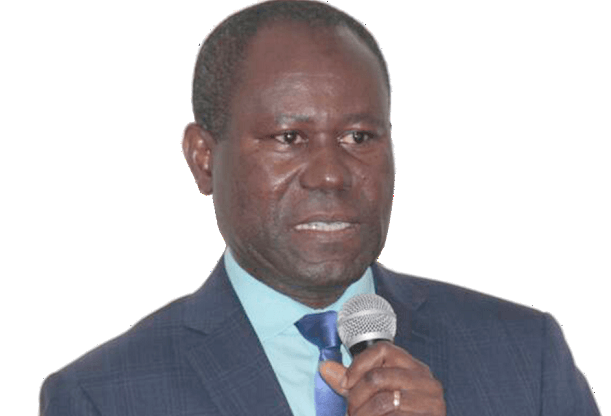
Need to depoliticise debate on cocoa price
For more than a century, Ghana’s cocoa industry has played a leading role in the country’s economy.
The cocoa sector continues to provide a means of livelihood for millions of Ghanaians who still perceive the crop to be an important source of ‘security’.
Given the growing global demand for cocoa, the lack of an alternative crop and the recognition of the health benefits linked to cocoa, the commodity will likely continue to be a valuable crop in the future.
However, Ghana’s cocoa sector faces numerous challenges. Most farmers cannot afford to pay for basic inputs such as fertilisers and sprays, leading to under-productivity.
This problem is compounded by the old age and poor health of many farmers, as well as their difficulty in securing labour to assist them on their farms, as the migration of youth has led to a serious shortage and increasing cost of labour.
Ghana, the world’s second largest cocoa producer after Cote d’Ivoire, has been reluctant to reduce the price offered to its farmers despite a sharp drop in world prices that has seen cocoa futures plummet by about a third.
The Ghana Cocoa Board (COCOBOD) said in June that cumulatively, it was paying $400 more per tonne to farmers than the current level of world prices and would be unable to pay bonuses this year.
COCOBOD was drawing from a stabilisation fund which might get depleted by next year if prices do not recover.
Despite the importance of cocoa to our economic development, cocoa farmers are not motivated enough to give us the yield that will rival neighbouring Cote d’Ivoire’s.
In addition to all this are the perceptions young people have about cocoa farming. There are few role models for young cocoa farmers. They see older generations working hard for little returns, meaning they do not recognise the profitable livelihood potential of the sector.
The challenge to compensate our cocoa farmers adequately has been compounded by the drop in the international price of the commodity, compelling the government not to increase the producer price of cocoa.
To help curb this recurring problem, the Daily Graphic suggests that alternative livelihood be provided to our cocoa farmers to help sustain them in these trying times.
We think that farmers’ willingness to participate in additional or alternative livelihood activities is influenced, among others, by the prospect of earning additional income, the presence of ready market for whatever produce they have for sale, and the awareness that there is technical support available when needed.
The Daily Graphic appeals to the government to depoliticise issues concerning the cocoa industry so that with one voice, in spite of our diversity, we can sustain the industry that has been the mainstay of the economy.
We are worried anytime the political actors and duty bearers speak about the sector as they introduce the extreme politicisation to the discussion on whether to increase the producer price or not.
We all know the situation in the sector and it is for this reason that the Daily Graphic calls for circumspection in discussing the future of the cocoa industry.
Let us leave politics out of the debate and put Ghana first and, especially, the farmers at the centre of the debate.
